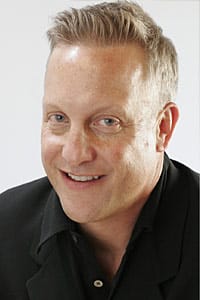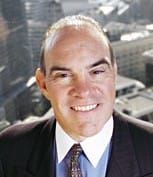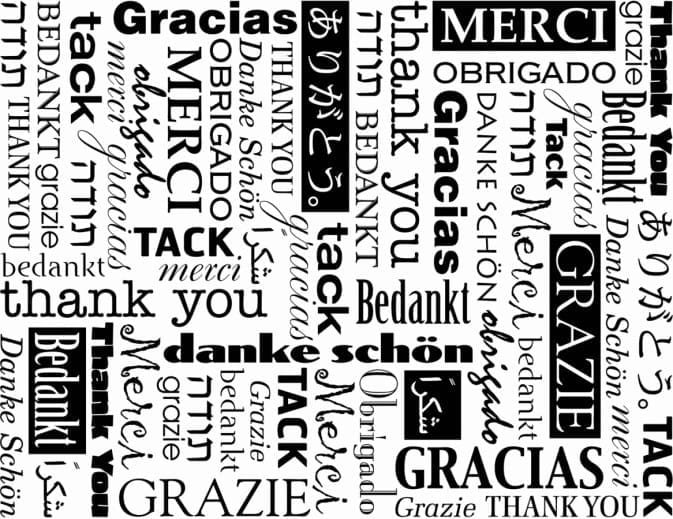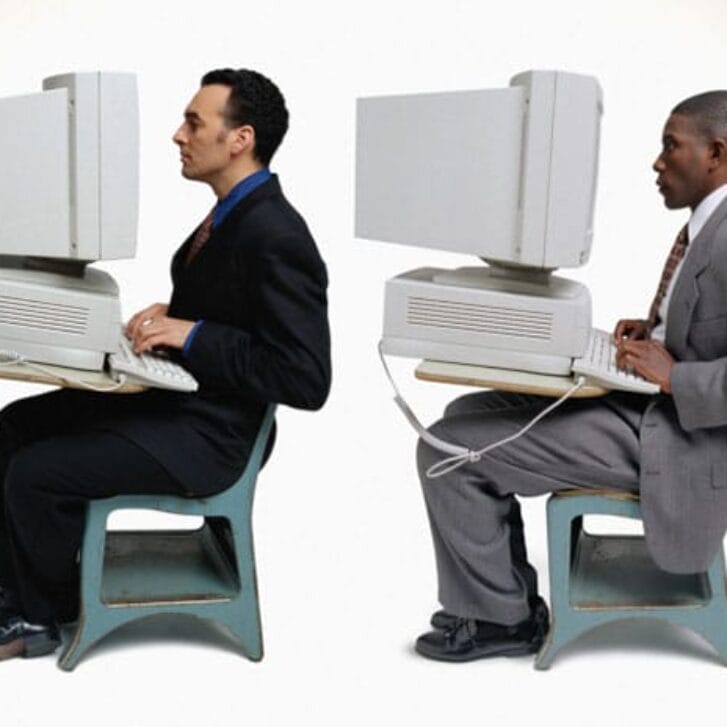I was recently very thankful for heaps of stuffing and sweet potatoes, but beyond my excitement for food, I’m also thankful for the amazing people in my life, including my Wharton family. I’ve had the great privilege of interacting with some phenomenal alumni throughout the semester, with a few notable ones in the past couple of weeks.

Michael Baum, WG’89
Michael Baum, WG’89, who came to campus for a lunchtime presentation, encouraged us to pursue big, crazy ideas; after all, when something is truly unconventional, it is harder to have a reference point and thus easier to sell your business as a uniquely differentiated entity. Instead of entering as a startup that aims to oust the competition, you impel the competition to chase you. Knowing that every good Whartonite loves some good nuggets of data, Baum also left us with a statistic that inspired entrepreneurship, saying that 5 percent of MBA graduates will start companies that create 300,000 jobs over the next five years—and that we should double that number. It was a powerful reminder of how much lasting change we can create, extending beyond viable business models to the human and economic impact of our ventures.

Joseph Ansanelli, W’92
Likewise, attending a “Power Dinner” with Joseph Ansanelli, W’92, left me with the sentiment of wanting to go out and strike gold—or at least try for it—with my own startup, and he offered very practical advice for achieving our entrepreneurial dreams. Perhaps most compelling was the “10 times” test: Your business needs to be 10 times better than competitors to get noticed and gain traction. And as much as people love to ask “what’s your exit strategy?” if you have an answer to that which is anything except “we don’t have one” then you’re in it for the wrong reasons. He also urged us to prove our product with as little capital as possible; in fact, having an ugly or embarrassing product is a good thing, since if you gain traction with something so hideous, the concept is good enough to propel you further. In addition to his pearls of entrepreneurial wisdom, I was impressed with Joseph’s integrity.

David Pottruck, C’70, WG’72
Finally, as our last hurrah before the Thanksgiving holiday, we had a full day workshop with David Pottruck, C’70, WG’72. I’ll confess that I was initially excited about this because I had the chance to interact with the man behind the Pottruck gymnasium, at which I kept very odd but regular hours as an undergrad. The premise of the day itself was inspiring: The workshop was titled “Leading Bold Transformational Change,” and, as Pottruck explained, we were here to learn about shepherding this significant, challenging change because incremental change is something we’ve already nailed. We delved into a series of discussions about change efforts, some of which drew on his experiences at Schwab and Eos. He brought a refreshing candor and willingness to indulge our many inquiries, and we learned about the harsh realities of fighting inertia in an organization—as Pottruck has experienced firsthand, noting “things that you think are easy can in fact take 10 years to achieve.” He also imparted his philosophy for “stacking the deck”—building the skills and techniques that will put you in the best possible position to recognize and create bold change when you need to do it. As strange as it may sound, I emerged from the workshop almost wanting to enter an organization that was on the brink of collapse, in part because I like a good challenge but also because the session made me want to immediately apply my newfound knowledge in practice.
Editor’s note: This post first appeared on the Wharton MBA Program’s Student Diarist blog on Nov. 20, 2012. We will continue to feature updates from Jennifer and her classmates, who are the first full-time Wharton MBAs to spend a semester at Wharton | San Francisco.
























